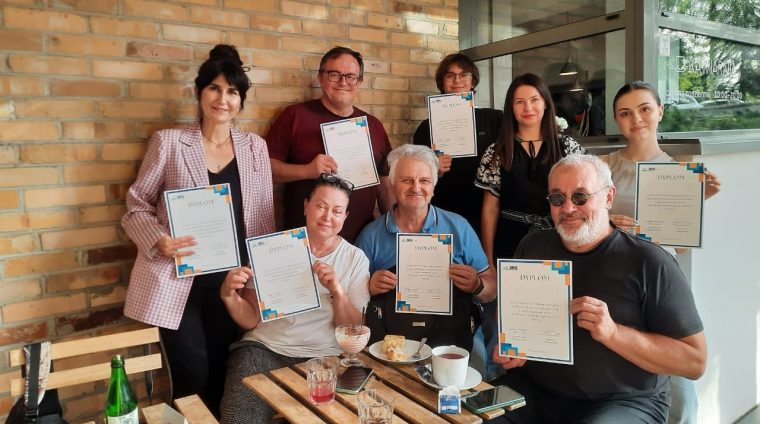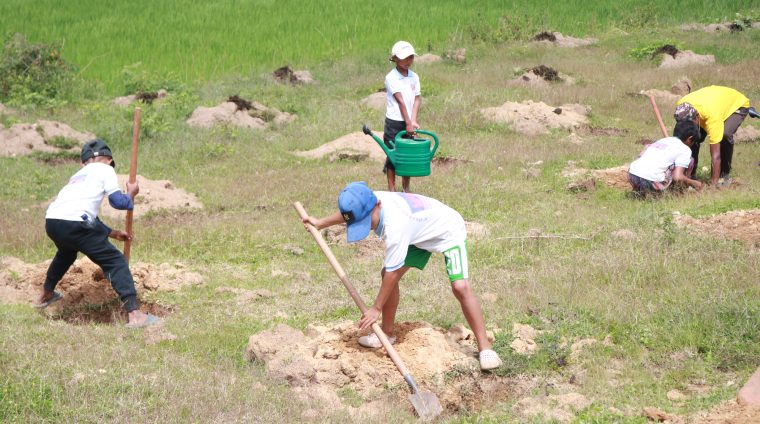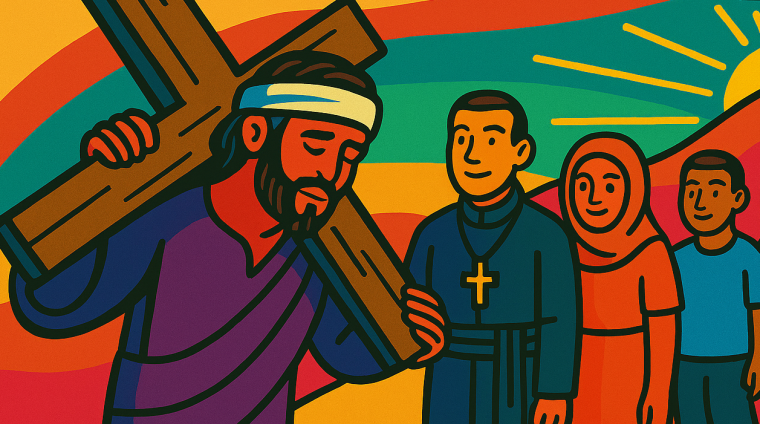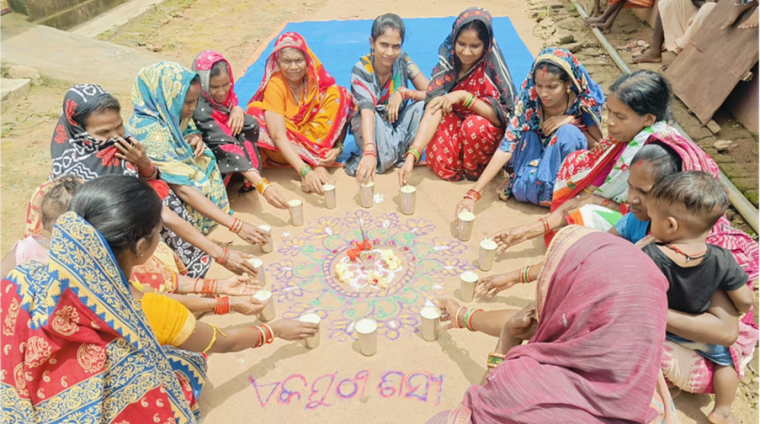This year’s Season of Creation theme, ‘Peace with Creation’, calls us to a profound reflection on the spiritual, relational, and ecological dimensions of peace-making. It reminds us that authentic and lasting peace is not complete without harmony in our relationship with all of creation.
In Laudato Si’, Pope Francis calls us to an ecological conversion, a transformation of heart and mind that reorients us toward care, simplicity, and interdependence. This is not only a spiritual awakening but also a social and ecological commitment. It is a call to repair what has been broken and to rediscover the harmony for which we were made.
A living testament to this is the story of Chimbalu Ecological Village in Kasungu, Malawi. Once marked by widespread deforestation and ecological degradation, Chimbalu had become a landscape stripped bare—largely due to decades of tobacco farming.
Often referred to as “green gold” in Malawi, tobacco remains a dominant cash crop, generating substantial export revenue. Yet its environmental cost is profound.
Tobacco farming demands extensive exposure to sunlight, and as a result, farmers are encouraged to clear trees completely to ensure optimal growth of the crop. This practice has led to alarming rates of deforestation, soil exhaustion, and a fragile local ecosystem.
An extraordinary transformation unfolded when the Chimbalu clan embraced the call to ecological conversion. With support from the Jesuit Centre for Ecology and Development (JCED), the community went beyond adopting sustainable agricultural practices—they rekindled their relationship with the Earth and with each other.
“Today, Chimbalu Eco-Village serves as a vital food basket, supplying a diverse range of indigenous fruits to communities across the nation.”
Transitioning away from tobacco cultivation, they established green businesses such as beekeeping and indigenous fruit farming. They developed a community-run tree nursery that now contributes to ecological restoration across Kasungu District and beyond.
Today, Chimbalu Eco-Village serves as a vital food basket, supplying a diverse range of indigenous fruits to communities across the nation.
This transformation is profoundly nonviolent. In choosing to nurture rather than exploit, to collaborate rather than compete, the Chimbalu community became peacemakers with creation. Their ecological conversion gave rise to a new way of living, one of shared responsibility, restored kinship, and deep peace.
As Christians, we are called to imitate this witness. “They shall beat their swords into ploughshares and neither shall they learn war anymore” (Isaiah 2:4).
Peace with Creation begins with recognizing that we are not separate from nature but part of a vast, interdependent family. When we live in right relationship with the Earth, we live more fully in the peace of Christ.
Let us be encouraged to listen to the cry of the Earth and the cry of the poor, and like the Chimbalu community, let us walk a path of healing, hope, and harmony together with Creation.
Martha is a certified Laudato Si’ Animator in Malawi, with over six years of experience as a Community Development Practitioner. She currently serves as Deputy Director at the Jesuit Centre for Ecology and Development (JCED), where she supports institutional management, strategic planning, and programme implementation. She also coordinates JCED’s research and advocacy efforts on ecological justice and sustainable livelihoods.





